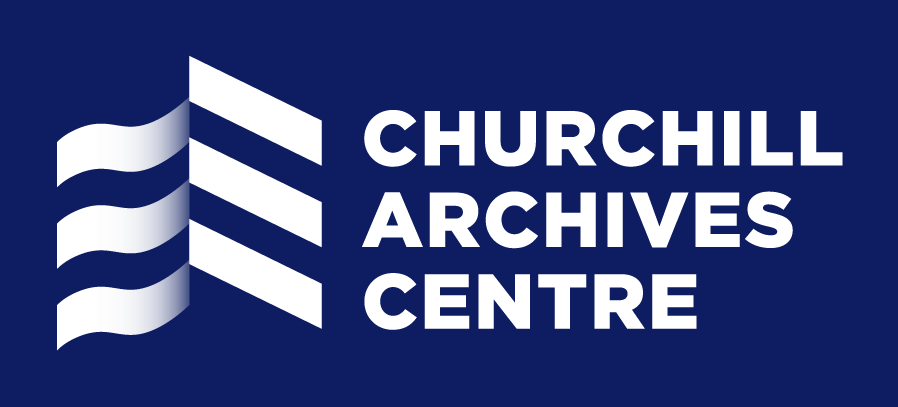
- This event has passed.
‘De Gaulle is France. Not a bastard.’ Churchill in the shadow of de Gaulle.
21 October, 2025 @ 5:30 pm

Free lecture by Richard Vinen, Professor of History at King’s College London.
British history is often seen as being, as David Cannadine once put it, ‘In Churchill’s Shadow.’ It is, therefore, revealing to put Churchill alongside de Gaulle because de Gaulle is the one politician in a democratic country to have enjoyed a stature comparable to Churchill. The fact that the two men are comparable, though, does not mean that they are identical. On the contrary, it is the asymmetries between them and their careers which are most revealing. Churchill was, above all, a war leader and, especially, the man of 1940. De Gaulle was almost unknown when he came to London in 1940 and later looked back on the mythologization of his role in that year with exasperation. De Gaulle was a supremely successful peacetime politician, who sought to ‘marry France to her century’ and who succeeded in this enterprise at the very moment when the British became painfully conscious of their country’s relative decline and, sometimes, of the way in which the cult of their own war leader illustrated that decline. Comparing Churchill and de Gaulle also highlights qualities in de Gaulle that may seem surprising – his modesty, flexibility. Both men were, as de Gaulle said of Churchill, ‘artists of history’ who crafted their own myth but, at least in the later part of their careers, de Gaulle understood, better than Churchill, the differences between myth and reality.
Richard Vinen teaches history at King’s College London. He was an Archives by-fellow at Churchill College Cambridge in 2024. His most recent book – The Last Titans: Churchill and de Gaulle – was published by Bloomsbury in August. He has written about his research amongst the Archives Centre’s collections in De Gaulle and Churchill: archival encounters with the two titans.

